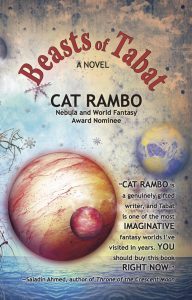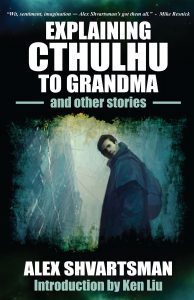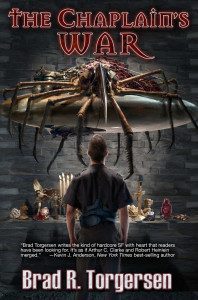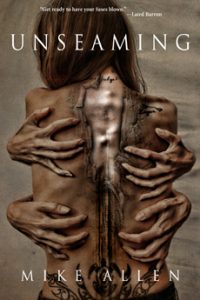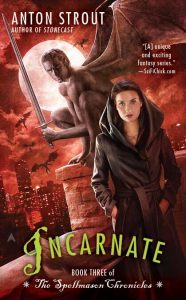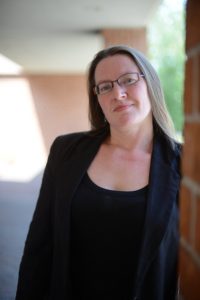Dale Bailey Guest Post–“Calling Timothy Zahn”
Timothy Zahn saved my life.
The story was called “Unitive Factor,” and Google tells me that it appeared in the May 1982 issue of Analog. To be honest, I can’t remember much about it, but the space horses made a hell of an impression. That’s right, space horses: giant vacuum-dwelling whale-like creatures that could jump instantaneously from one star to another, handy for harnessing to your space craft if you ...Read More
Read more

